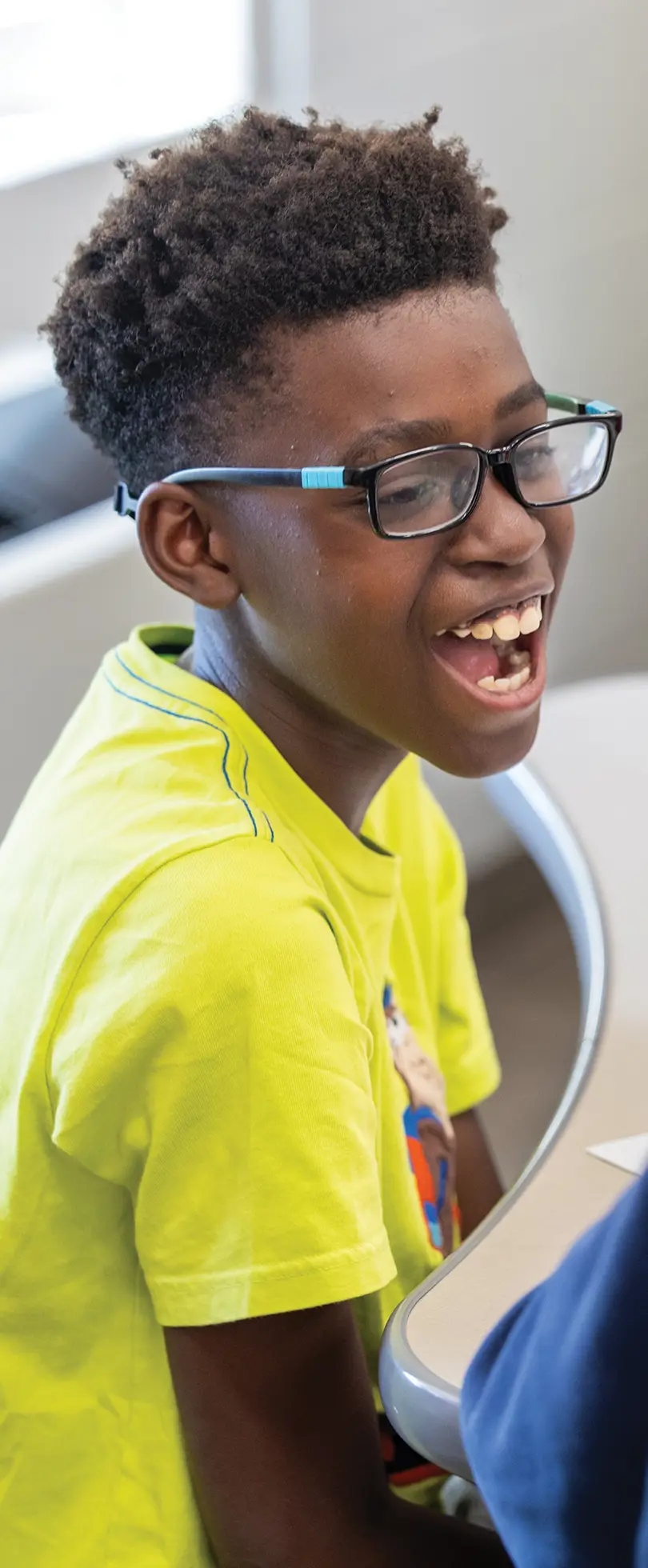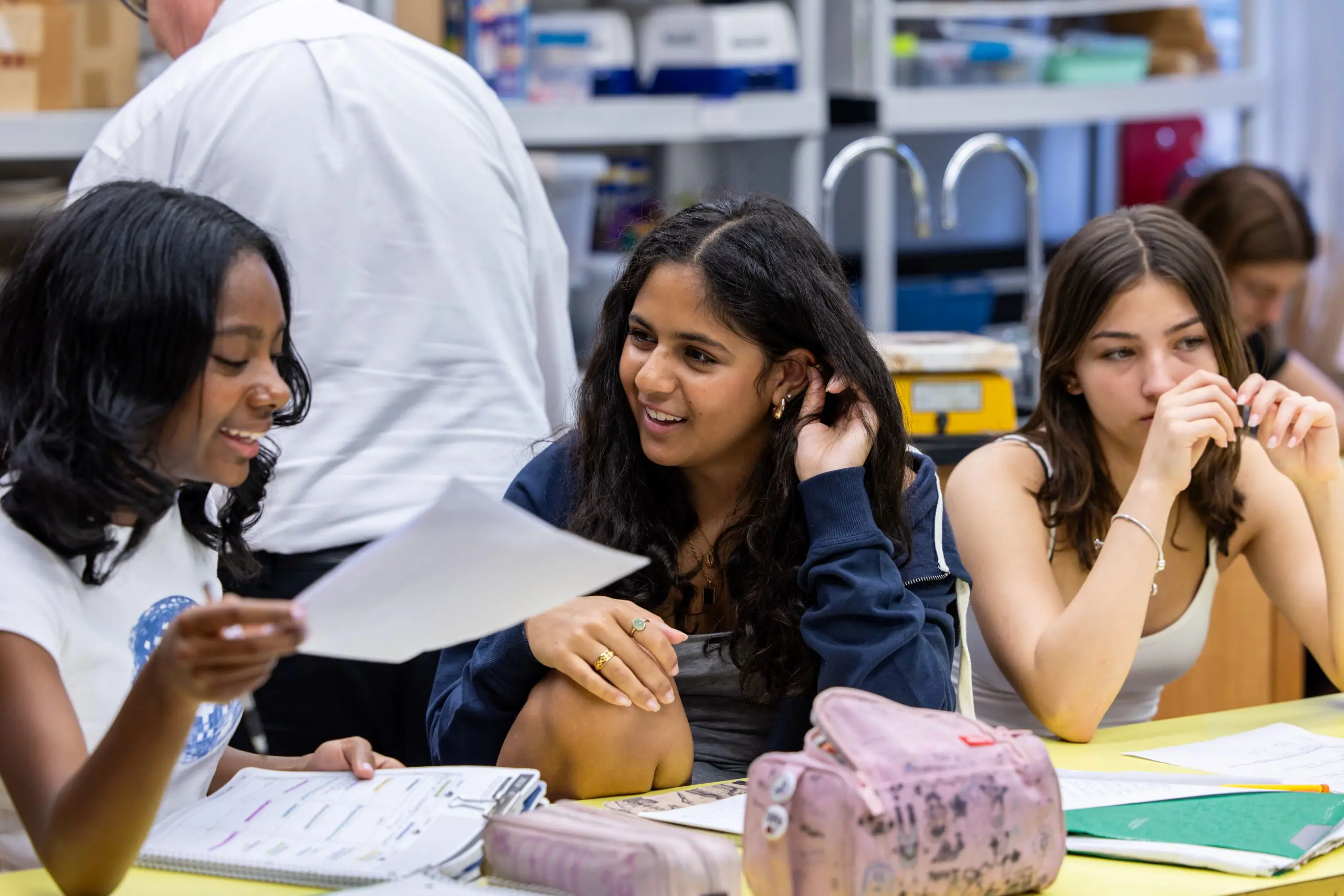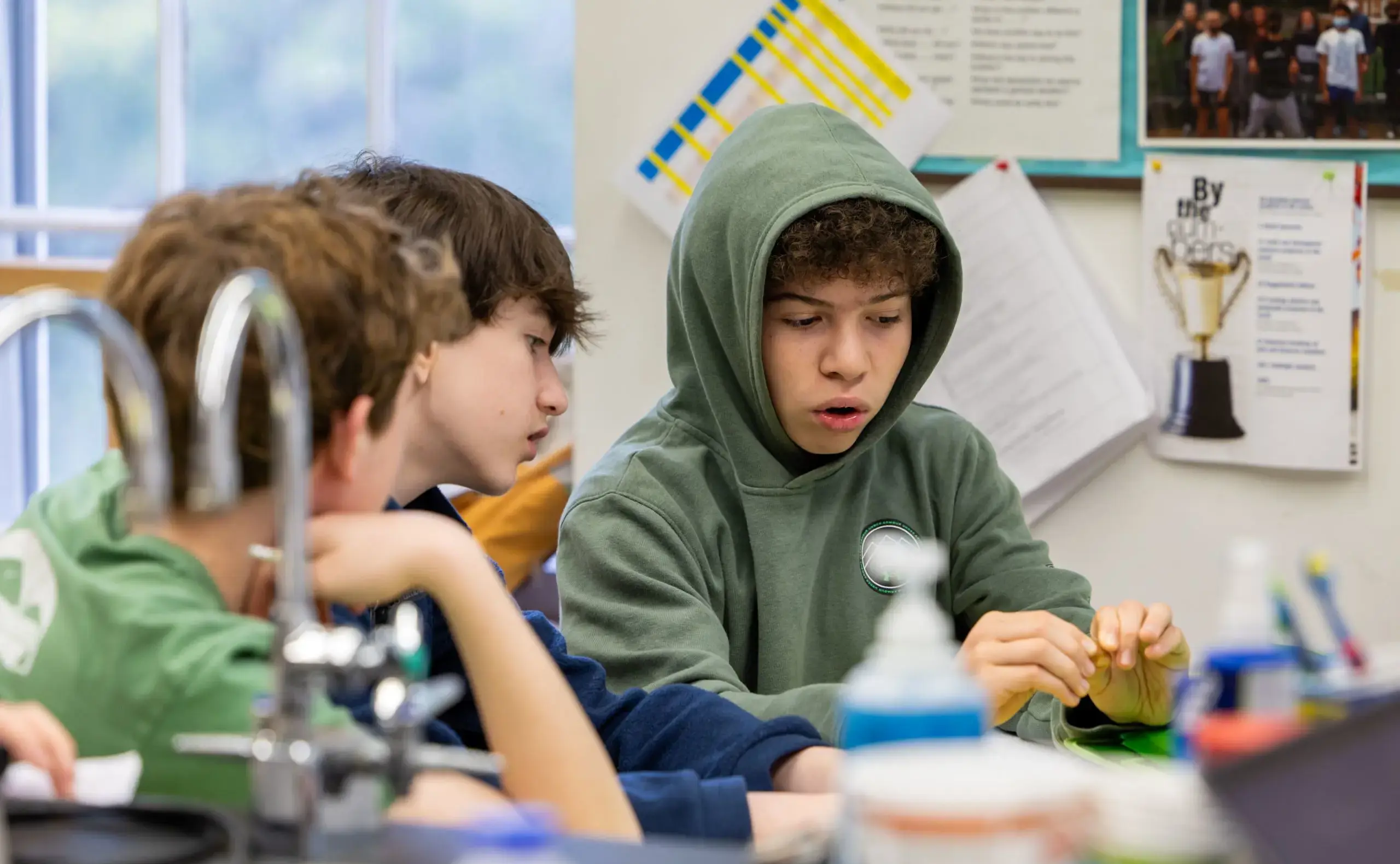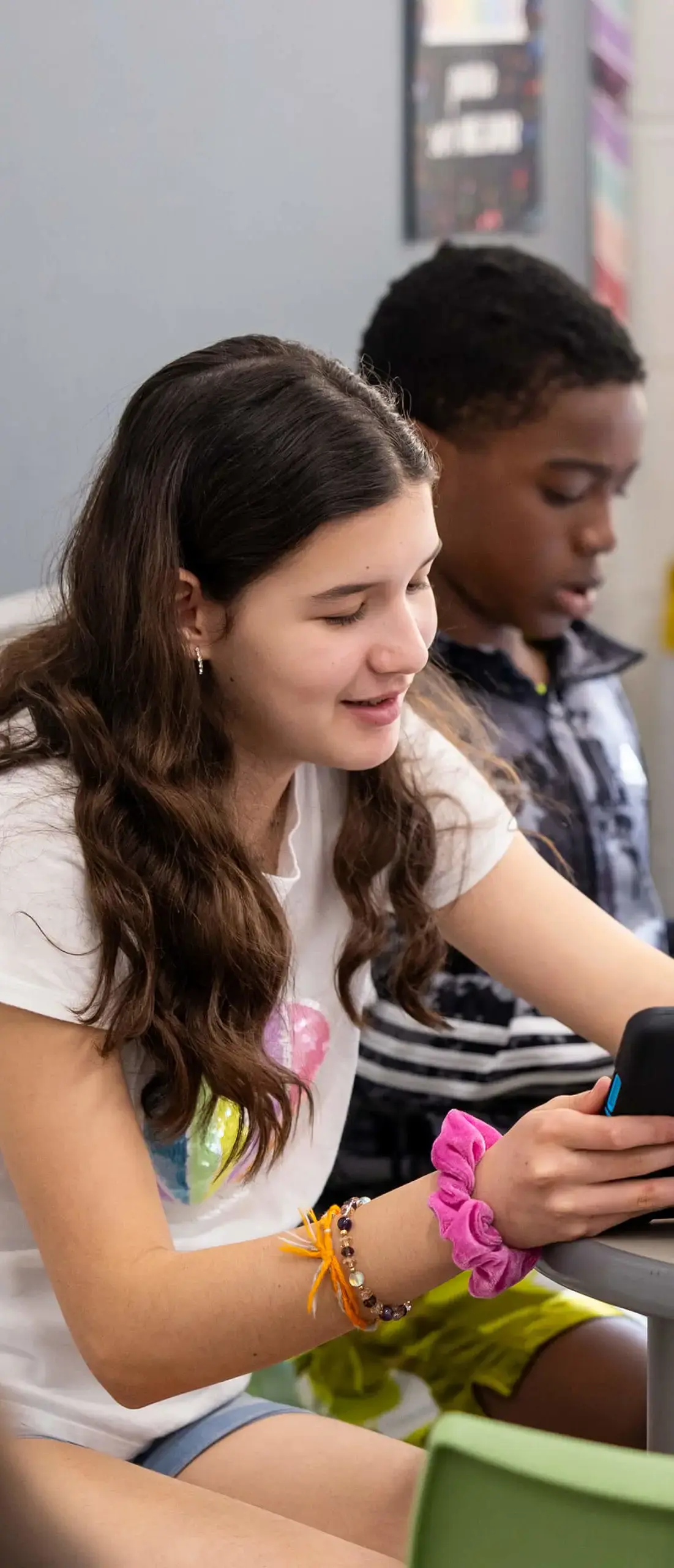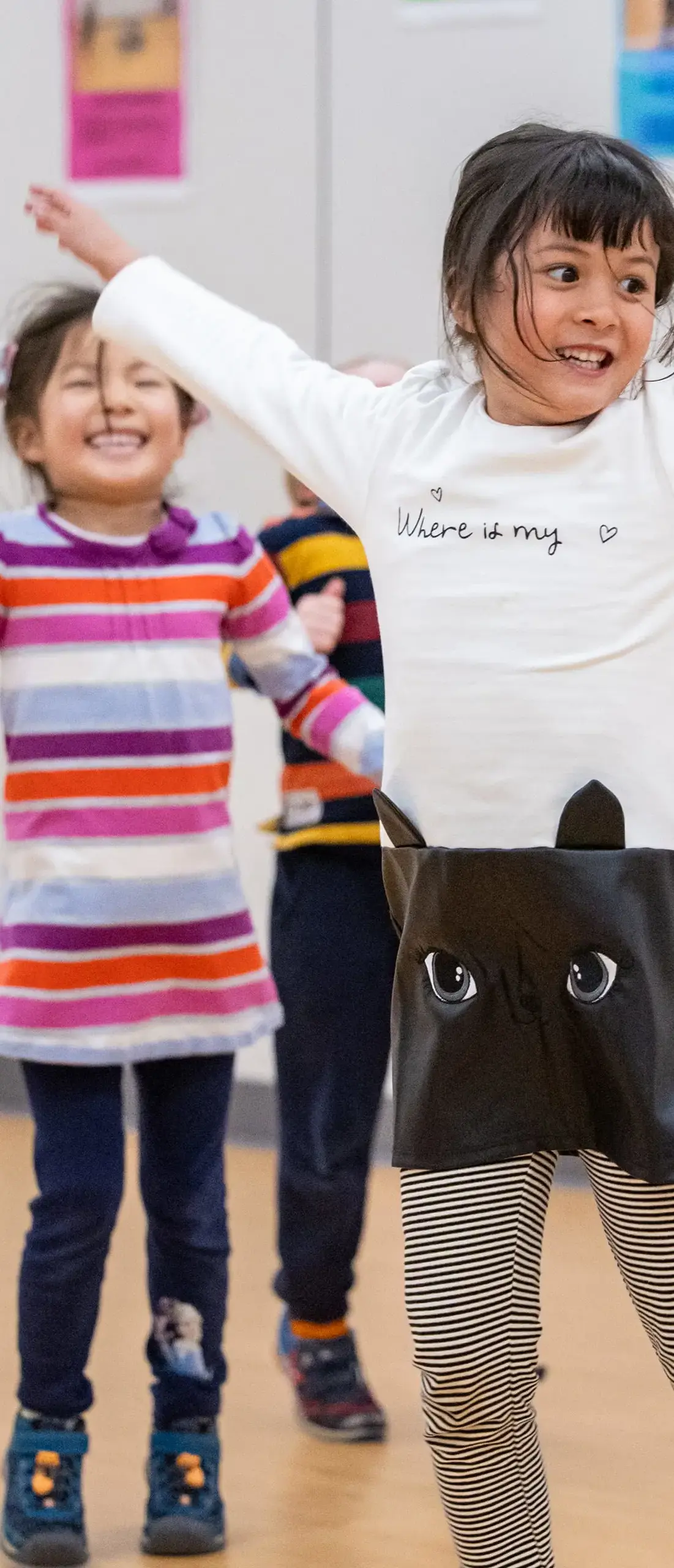HEALTH, WELLNESS, AND SAFETY
Washington International School is committed not only to our mission of being an exemplary learning community, but also to ensuring the mental, emotional, and physical health and well-being of our students.
CHILD SAFEGUARDING
At WIS, we are committed to safeguarding and protecting our students, and to providing a secure environment. We expect all employees, parents, and volunteers to be aware of possible signs of abuse and/or neglect of students. Our Child Protection Policy was developed in accordance with standards from accrediting agencies and in acknowledgment of the UN Convention on the Rights of the Child. Training on child protection awareness and procedures occurs on an annual basis.
All WIS employees, as well as many volunteers, must complete a background investigation process prior to hiring. This investigation is renewed every two years.
We have security measures in place, including security guards and appropriately-placed cameras. Students and employees participate in regular drills for internal and external threats.
Our Safeguarding Lead is Associate Head of School Natasha Bhalla (EMAIL). In addition, we have Child Protection Teams at each division (Primary, Middle, Upper).


